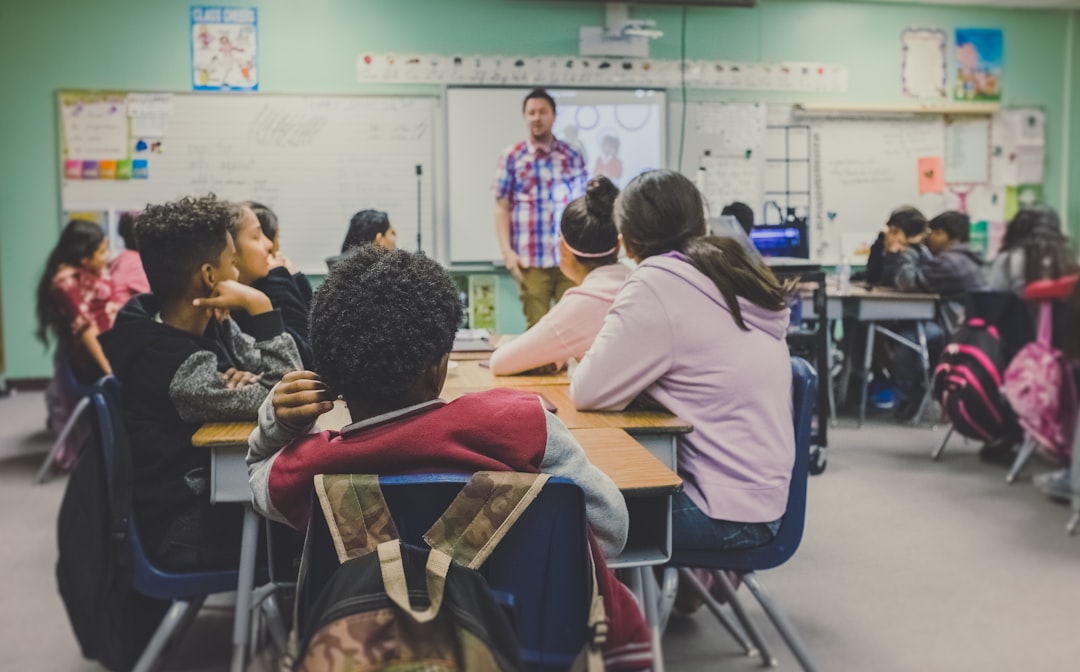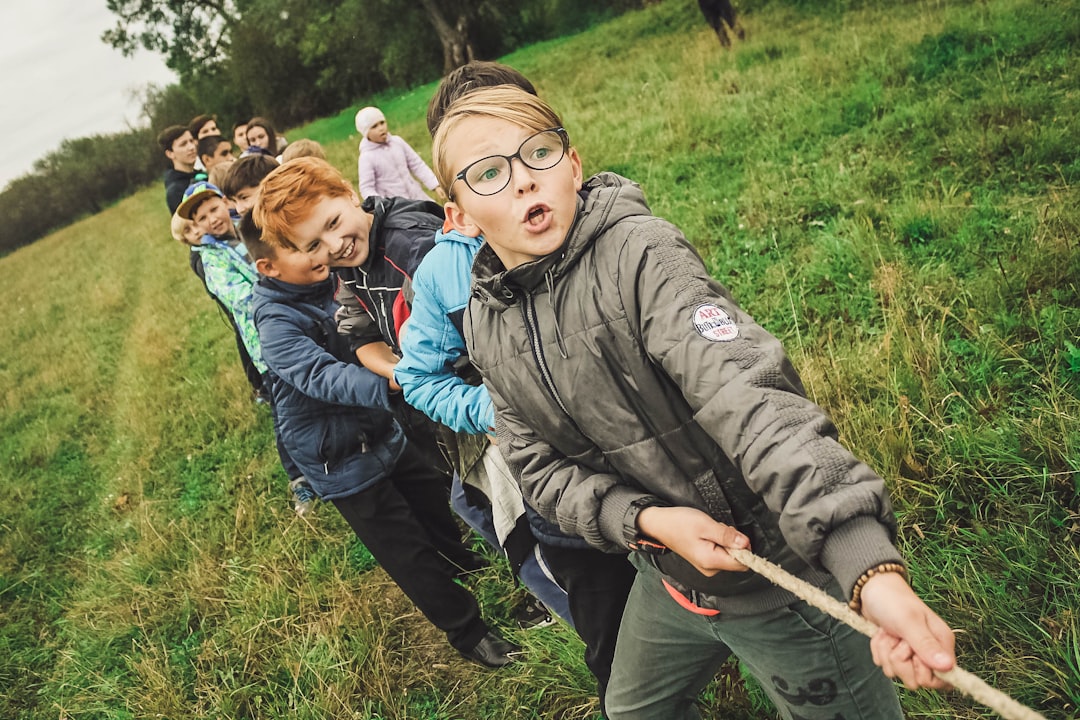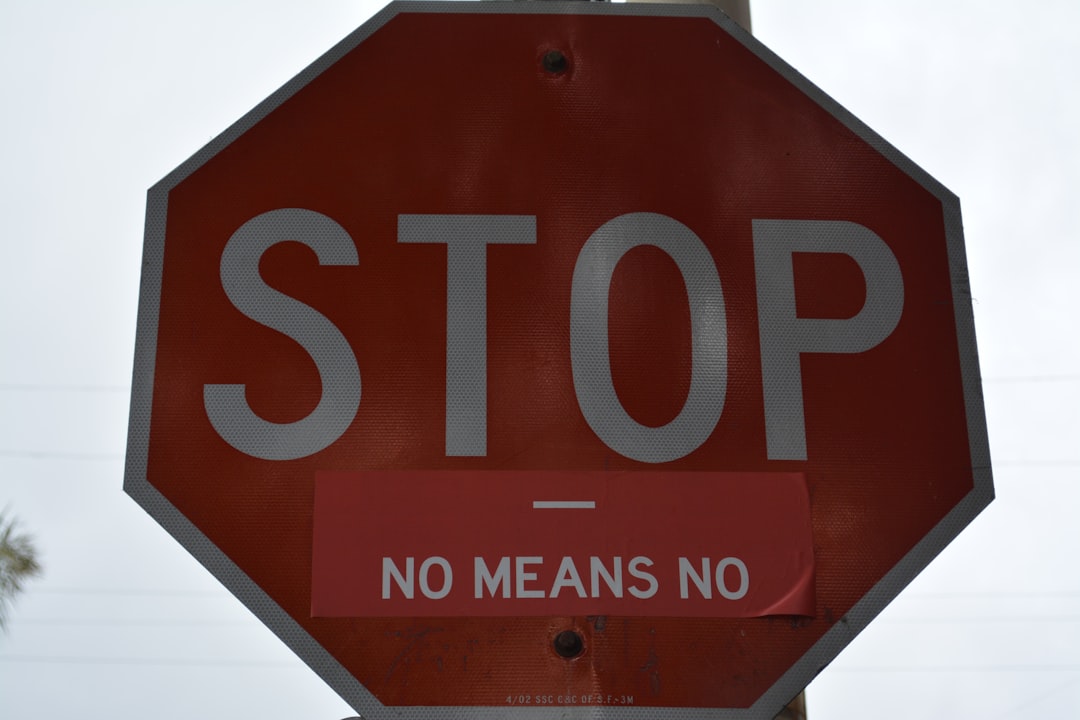The Transformational Power of Health Classes and Boys' Groups
Why all young people need high-quality, comprehensive health classes AND how parents and schools can better connect with boys
Hello! This week, I am featuring a wonderful conversation I had with Cara Natterson, MD and Vanessa Kroll Bennett, the hosts of The Puberty Podcast and the authors of the terrific new book “This Is So Awkward: Modern Puberty Explained.”
I shared some of what I’ve learned from over two decades teaching of health classes to teens, and talked about what I’m focusing on as I write TALK TO YOUR BOYS with Joanna Schroeder.
You can listen to the whole conversation on Youtube, on Apple Podcasts, on Spotify. Below are some highlights from the discussion (edited for brevity and clarity), with resources and links added.
What’s The State of American Health Education?
Q: Christopher, you have your finger on the pulse of the current state of health education in this country. Can you talk to you a little bit about why it's so important?
In a modern health education class, we cover mental health, substance use, nutrition and healthy eating, relationships and sexuality, and basic communication skills, like how to get along with someone, how to deal with a breakup, and how to talk to people respectfully.
Some schools have a class with a trained health educator who addresses these topics with a lot of skill, practice, and time. In other schools, there's really no formal plan to talk about any of these topics, and they are only addressed when there’s a crisis.
What I would love to see is health education that's taught in a universal way - classes that look pretty much the same from place to place. We know what works and we know that health education provided in a consistent way with trained educators really has a dramatic effect on the lives of young people.
Why Should Schools Have Health Classes?
Q: What is the biggest thing you could say to a health educator or a parent or guardian about advocating for health education in their school?
Health class is a place where we can teach connection skills and practice communicating with other people. Honestly, you can read a book to learn factual information like how to prevent pregnancy. But learning communication skills is something that really takes practice and care, and can make people's lives a whole lot better.
Human relationships are key to so many of the issues teens are struggling with right now. When I think about substance use, I like to think back a step to ask “Why are students feeling like they need to feel altered to be in the world? Why do they want to be drunk or high all the time?”
It's often because they're lonely, disconnected or ashamed of something in their life. Those are things we directly address in health classes.
What Can Parents Learn From Health Teachers?
Q: What's something that adults at home can learn from your experiences in the classroom? What's going to work 1-on-1?
The family members who are in the home are going to be the biggest role models and influences on their children. Kids are watching what they're doing, and paying attention to how they how they treat people.
I encourage adults to spend some time thinking about their own values and clarifying their own beliefs. Ask “What do I really think about teenage drinking? What do I think about my child dating? How do I want my teen to treat people?”
One useful exercise: Think about your child and picture them when they're 30 years old.
What kind of friends do you want them to have?
What kind of relationship would you like them to have?
If they have children, how do you want them to treat their kids?
Then start to plan backwards from that point. Step-by-step: What needs to happen over the next few years to help your child become a responsible, caring adult?
What Are The Biggest Issues For Middle Schoolers?
Q: Can you then run through a hit list of some of the top topics that need to be covered in the middle school years — whether it's by someone like you in the classroom, or by an adult at home, or ideally by a combination of the two?
When I think about topics that are important for middle school families to address, I’m thinking about sleep, eating healthy food, and how to treat people, both online and offline. A big focus is how to balance time on phones or computers with other activities.
It’s also a good time to encourage exercise - “If you move your body a little bit during the day, especially outside, it'll help you with your sleep, help you feel happy and connected to the world.”
I think everyone should understand how their bodies work and how their bodies are likely to change during puberty and beyond. That's important information that young people deserve to have. They need factual information that's clear and that's put in a way that they can understand.
What Are The Biggest Issues For High Schoolers?
Q: We have the foundation down, and now we've got to move to some weightier, higher-stakes topics as kids get older. I'd be curious what your top issues are as they move towards high school.
It's always been frustrating as a health teacher how much time I have to spend combating misinformation that people have learned from friends, from family members, or have picked up online. Trying to reduce the amount of misinformation is important.
I find it’s really empowering to teach kids about how their brains are developing. I think of it as a strengths-based approach. You’re saying “This is a time in life where this really cool thing is happening, while your brain is changing in a dramatic way — you're building the brain that you're going to have for the rest of your life. It’s a time in life where you can learn things really fast. It’s also a time where your brain is particularly vulnerable to anything that you expose it to. If somebody is taking drugs or drinking when their brain is developing, it can have a bigger effect than it might have on someone who's at a different stage in their life.”
What Can You Tell Us About Boys’ Groups?
Q: We know you help coordinate groups for boys in schools. Which topics resonate with them the most?
In San Francisco, we have Young Men's Health Groups in our middle and high schools. They usually have between 8 and 12 boys, with two adult facilitators. In that kind of environment, I've seen a lot of boys ask questions about romantic relationships and about friendships — boys are trying to find real answers and support. I think we have a responsibility as adults to help provide space for those conversations.
When no one's having deep conversations with boys, we’ve seen what happens. Guys are looking at Andrew Tate videos and trying to gather guidance about how to make their way as men in the world. What does it mean to be a successful man? How should I treat women? How should I treat the people around me?
How Do You Address Slurs or Harassment?
Q: What if you hear a slur or an offensive comment from a teen? How should adults handle that? What's the teacher’s responsibility in that scenario?
In a public situation, kids are going to be looking to see how the teacher handles this. It’s very common to hear slurs around sexual orientation and gender identity, and it's something that schools have actively worked with teachers to say, “we want you to intervene.”
There is research that says that when students feel safer and feel like teachers are standing up to protect them from and make the environment safe from slurs, teasing and bullying, it has a lot of positive effects for for students of all sexual orientations.










Let’s consider a different frame for ”health education” by including activities that have been shown to strengthen kids’ wellbeing and resilience and have inherent positive health outcomes. Gardens, teaching kitchens, mindful practices, group PE, enviro ed: collaborative, shared, hands-on, creative learning infused with agency. Make wellbeing education peer with math and language arts.